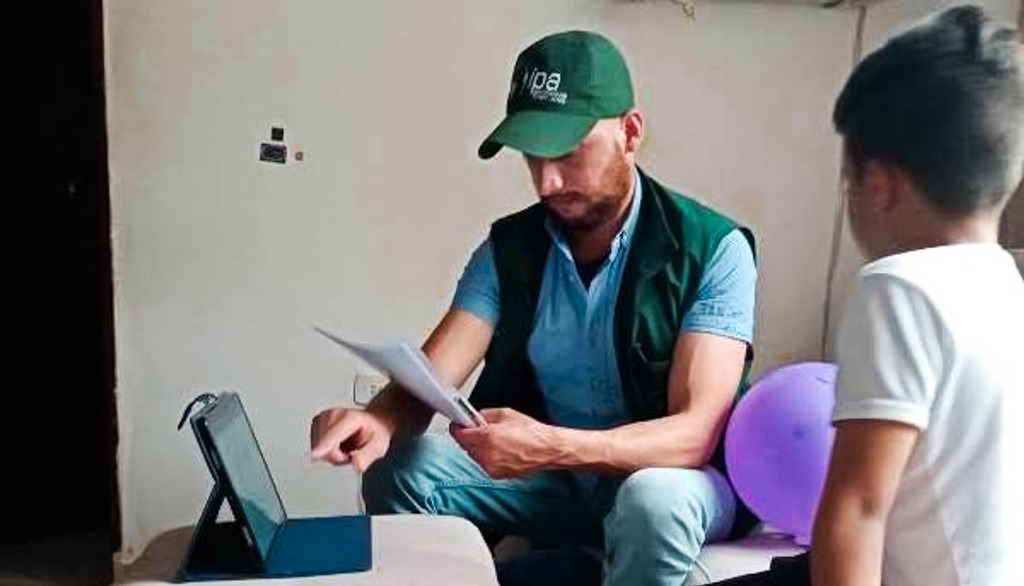The Impact of Private-Managed Public Schools on Cognitive and Socioemotional Skills: Evidence from Bogotá, Colombia

In collaboration with IPA Colombia and the Bogotá Secretary of Education, researchers conducted a randomized evaluation to assess whether students enrolled in private-managed public schools demonstrate better academic performance compared to students in traditional public schools. Results showed that students exhibited superior cognitive and social-emotional skills. Caregivers expressed higher satisfaction levels and were less inclined to seek alternative schooling options.
Public and private school partnerships hold promise for enhancing educational outcomes by capitalizing on their distinct strengths and resources. In Bogotá, Colombia, such collaboration is exemplified by the "Colegios en Administración" (CeA) model. CeA schools are publicly funded yet privately managed institutions. This public-private partnership seeks to optimize resource allocation and consequently improve the quality of education, particularly for students from low-income backgrounds. Currently, there are 35 CeA schools operating within low-income neighborhoods of the city.
Researchers from Vanderbilt University, in collaboration with IPA Colombia and the Bogota Secretary of Education, conducted a randomized evaluation to assess whether students enrolled in CeA schools indeed demonstrate better academic performance compared to those attending traditional public schools. To achieve this, the study compared the academic outcomes of students who secured spots in CeA schools with those who met the entry requirements but were not admitted due to limited availability. By employing this methodology, researchers were able to isolate the impact of CeA enrollment on academic achievement. Specifically, they paired students with similar characteristics, ensuring that the only differing factor between the groups was enrollment in a CeA school.
The findings reveal that CeA students exhibit higher cognitive and socio-emotional skills compared to their counterparts with similar socioeconomic backgrounds who did not attend CeA. Moreover, caregivers of CeA students expressed higher satisfaction levels and were less inclined to seek alternative schooling options.
Research Partner

Implementing Partner

Funding Partner













